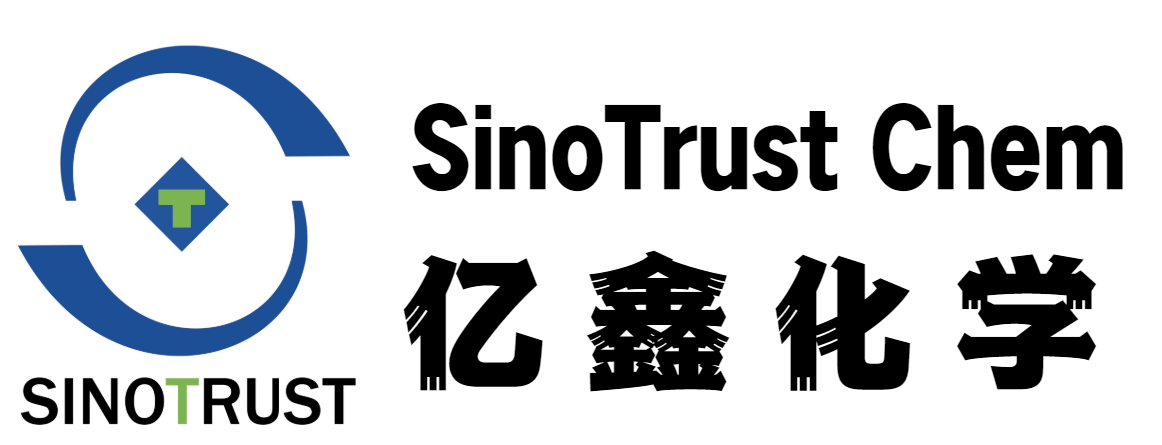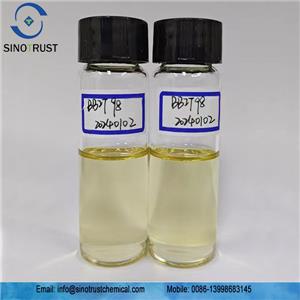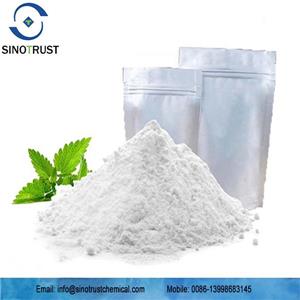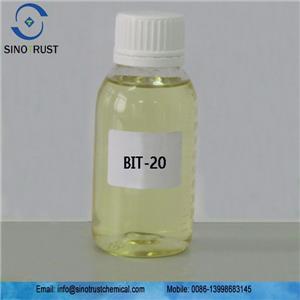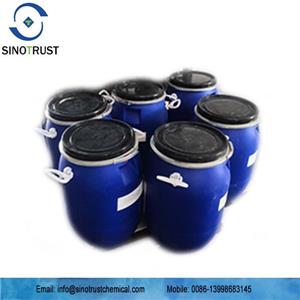Bactericides commonly used in cutting fluids industry
We recommend several commonly used fungicides for cutting fluids, including IPBC, isothiazolinone, benzisothiazolinone, triazine fungicides etc. Any enquiry, please feel free to contact us.
1) IPBC (Iodopropynyl butyl carbamate)
Product name: 3-iodo-2-propynyl butyl carbamate; IPBC;
Application:
It is a fungicidal compound added to the pigment to prevent the color change due to the growth of mold during storage and improve the shelf life of the pigment. It can be stored in the paint for a long time, or it can fully and effectively prevent the aging and discoloration caused by mold infection on the coated surface to maintain a long-term decorative effect. Adding to water and oil can prevent water and oil from producing color due to the action of mold. IPBC can also be used to treat wood to prevent mildew. If used in leather or other fiber industrial products, it has a good antibacterial and killing effect.
2) Isothiazolinone mildew fungicide (CMIT/MIT)
CMIT/MIT anti-mold fungicide (isothiazolinone), also called as: Kathon, cit mit, WT-14, Kathon, Kasson. The active ingredient is 5-chloro-2 -Methyl-4-isothiazolin-3-one (CIT), 2-methyl-4-isothiazolin-3-one (MIT).
Product name: 5-Chloro-2-methyl-4-isothiazolin-3-one (CIT)/2-methyl-4-isothiazolin-3-one (MIT).
CAS NO: 26172-55-4/2682-20-4
Molecular formula: C4H4ClNOS/ C4H5NOS
Molecular weight: 149.5/115
Quality Standard:
Appearance: light yellow transparent liquid
Effective component (w/w): 14±0.5%;
Chlorine ratio (CIT/MIT, w/w): 2.5-4.0
Density (20℃): 1.26~1.33g/ml
pH value: 2.0~3.0
Solubility: miscible with water and low molecular weight alcohol
Stability: pH 2.0-9.0 stable
Performance characteristics:
1. Broad-spectrum, long-term killing of a variety of bacteria, fungi and yeasts, special effects on Pseudomonas, low dosage.
Not recommended in metalworking fluids. Dimethylol ether, this substance is not irritating, and is used by many large companies. Its sterilization mechanism is similar to that of BK. After decomposition, there will be no monoethanolamine, only ethylene glycol.
3) 1,2-Benzisothiazolin-3-one 20% (BIT 20%)
Specification:
Appearance: yellow or brown transparent viscous liquid
Active matter content: 20% min
PH value (1% aqueous solution): 8-10
Application:
Suitable for water-based interior and exterior wall coatings, high- and mid-range latex paints, synthetic emulsions, textile auxiliaries, paper-making auxiliaries, metalworking fluids, coated paper coatings, synthetic detergents, thickeners and other systems for anti-corrosion and anti-mildew; can also be used for leather In the chemical and leather industry. This product is stable in acidic to alkaline systems and has the same effect. The active ingredients can withstand high temperatures up to 300°C without decomposition. It is suitable for both anion and cation systems; it is a highly effective bactericidal and antifungal agent with a wide range of uses.
Dosage:
When using, put this product directly into the material, stir and mix well.
Used for the preservation and quality of materials: 0.02-0.10%
Used in the production of special anti-mildew coatings and other occasions that require product anti-mildew: 0.5-1.5%
For metalworking fluid stock solution: 0.5-1.5%
Used for metalworking fluid dilution emulsion: 0.02-0.10%
4) S-triazine fungicides BK, Triazine
The bactericide Triazine is a water-based, low-toxicity bactericide, developed for water-based products to resist bacteria and fungi in humid environments, especially in high temperature environments. Its chemical structure is 1,3,5-tris(2-hydroxyethyl)-hexahydro-triazine.
The bactericide BK is a bactericide widely used in metalworking fluids. It can be used for concentrated liquid, and can also be used for on-site treatment. The dosage in the concentrated solution is 2-3%; the on-site sterilization dosage is: 0.05-0.15%
